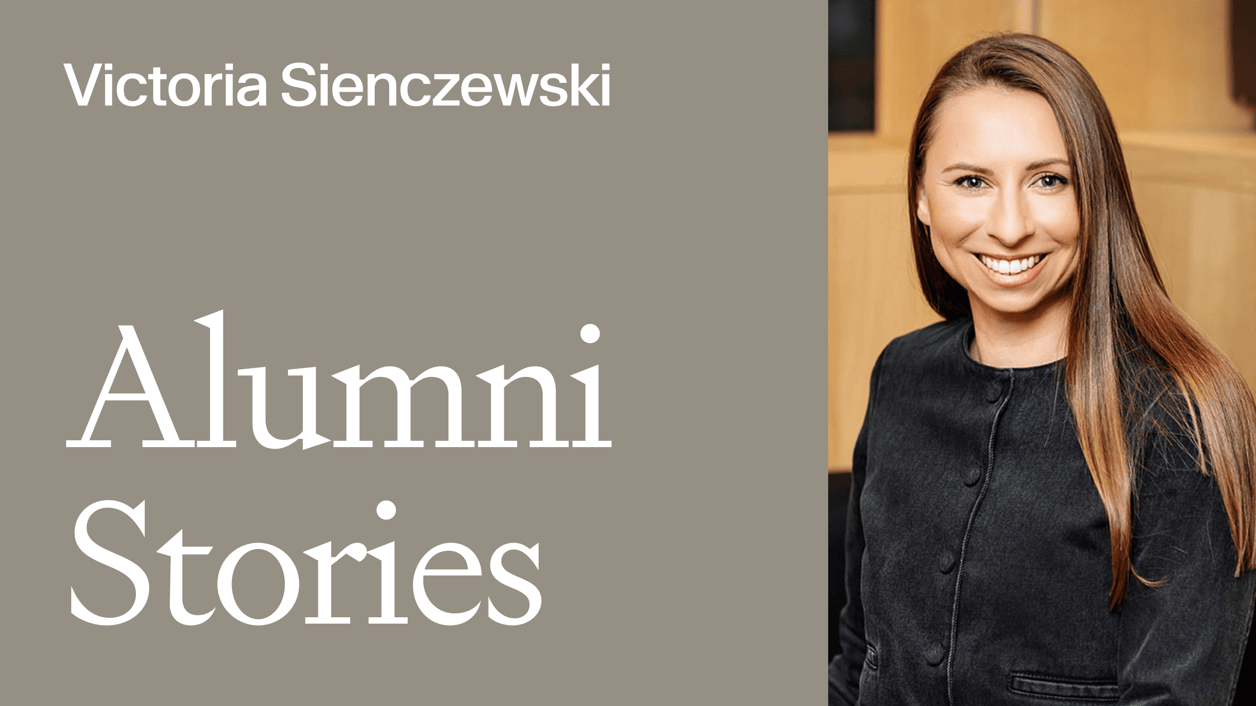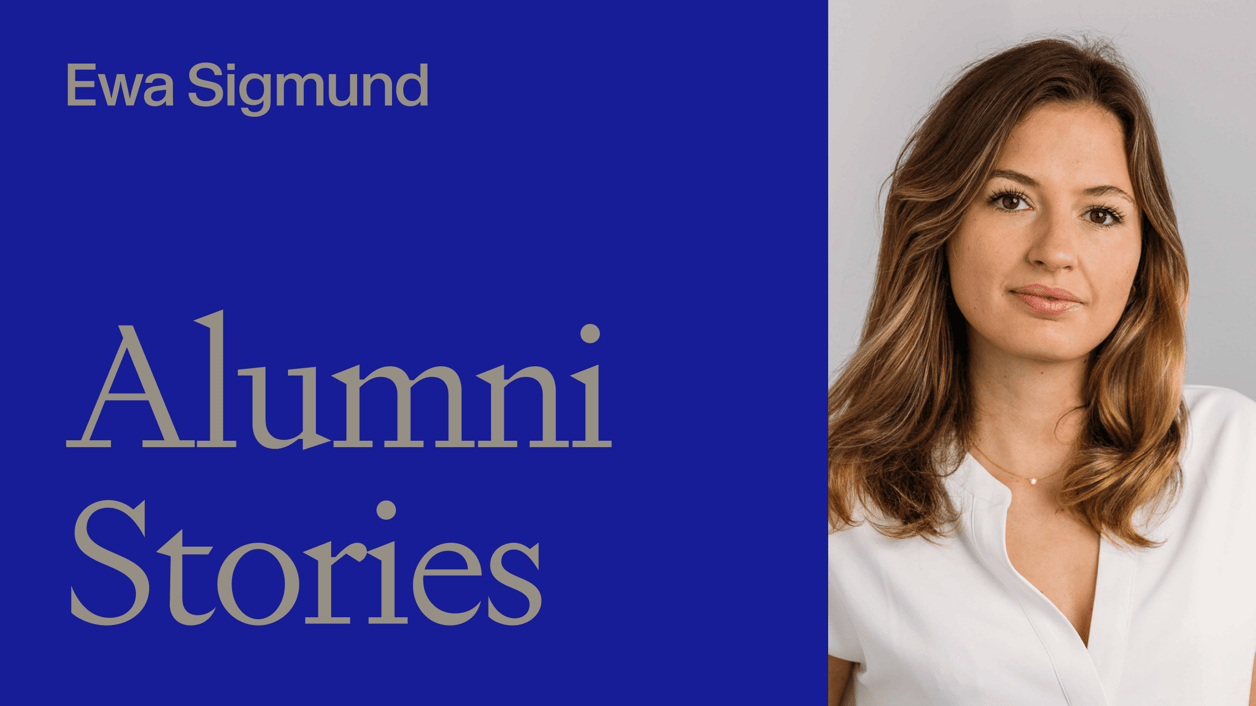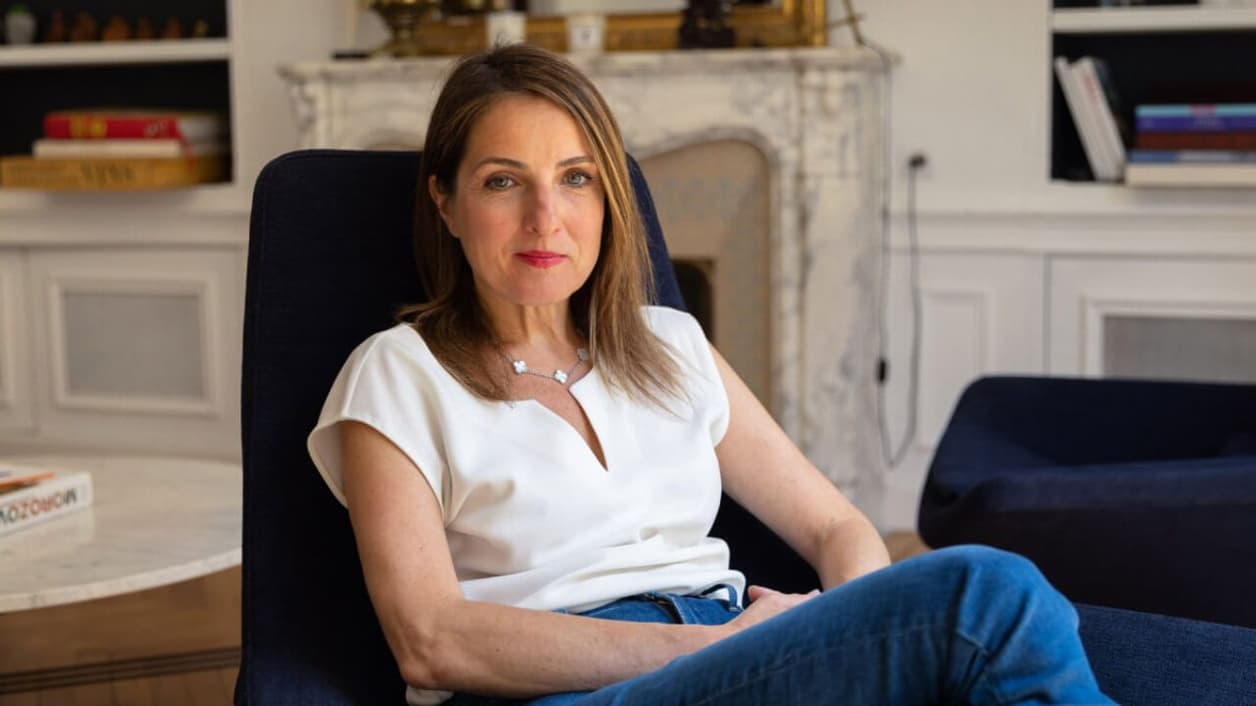
Private equity fund investing is all about picking the right managers and trusting that they’ll make the right decisions, says Joanna Dziubak, seasoned investor on the Moonfare platform and Paris-based independent advisor.
“I have some low-risk investments, bonds, real estate assets, a handful of public mutual funds, listed equities and some slightly funkier stuff where I look for ways to boost returns,” she described her portfolio in a conversation with Moonfare.
As an investor, Dziubak came of age at Goldman Sachs where she first worked as an investment banking analyst and then moved up the ladder into principal investments, managing the firm’s private equity and private debt activities.
After close to twelve years at the financial behemoth, the Franco-British investor spent the next six at Park Square Capital, one of the UK’s leading private debt managers, managing subordinated debt and special situations investments.
She then left her full-time investment professional roles to “broaden horizons” as an advisor and a non-executive director. She’s been involved in half a dozen investment boards helping manage growth capital, buyouts, private debt, real estate and more. Among her positions, she was a member of the Supervisory Board and Investment Committee at the Caisse des Dépôts, a French public sector financial institution and one of the largest institutional investors in Europe.
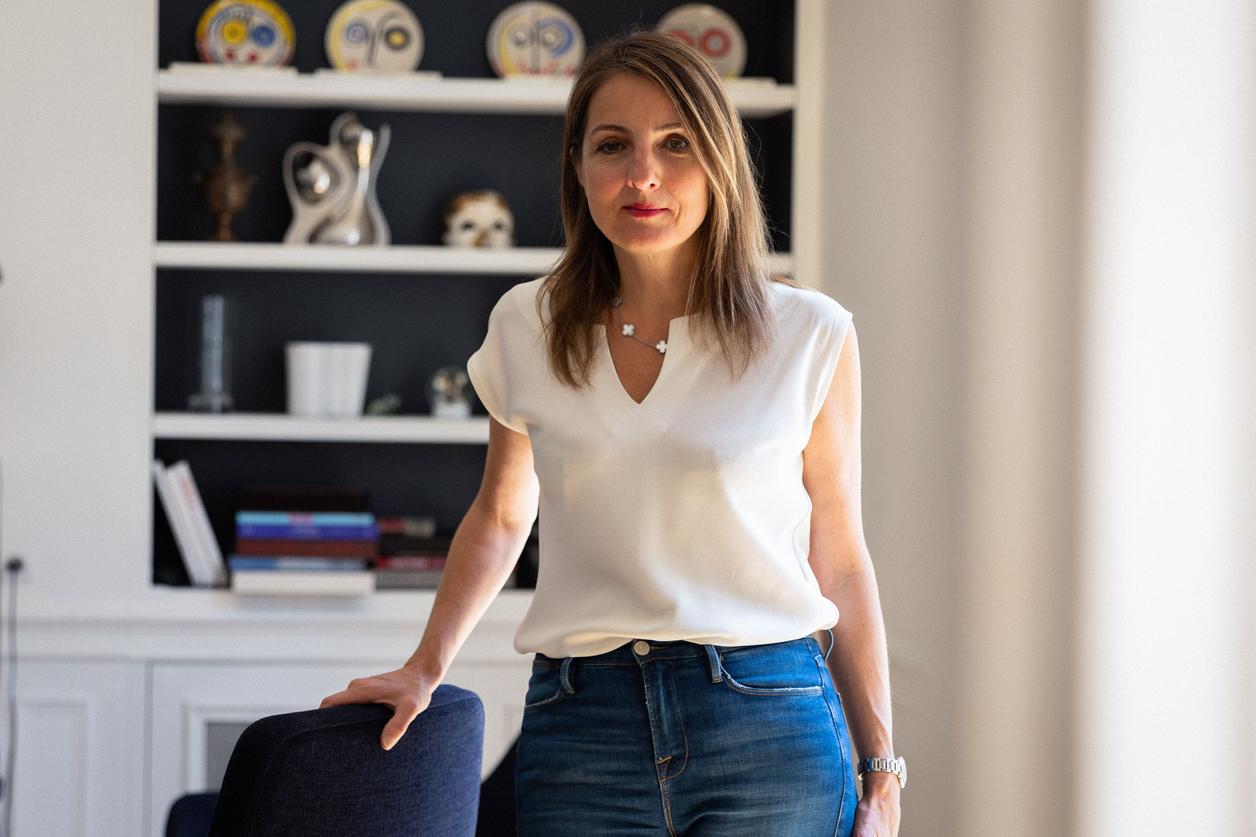
Having spent more than two decades in private equity, she knows the industry inside out. “Most of the opportunities that I see through Moonfare are in some way connected to my former jobs, colleagues and classmates,” she said.
In an interview with Moonfare, Dziubak, a Harvard alumna, also discussed her investment philosophy as a private markets insider, investment opportunities in near future and how ESG is becoming a deciding factor. “Funds that don't go fully into ESG will find it increasingly more difficult to raise capital,” she believes.
How would you describe yourself as an investor?
I am a prudent investor looking for a combination of capital appreciation and yield. I try to manage my personal portfolio like a pension fund but more skewed towards risks with which I’m comfortable, such as private equity.
I have some low-risk investments, bonds, real estate assets, a bunch of public mutual funds and some public equities and some slightly funkier stuff where I look for ways to boost returns - private equity portfolio, some structured products, some riskier debt strategies, and a few currency plays that worked well, for example. But I try to diversify my risk and maintain a liquidity cushion.
What do you think about crypto investments?
I think there’s a bubble around crypto and too many aspects I don’t completely understand. I haven’t yet figured out an analytical framework that would explain what drives the movements.
Do you also invest in start-ups?
I've done a little bit of angel investing but it’s very time intensive and involves a lot of work. For me, it makes more sense to invest in a venture capital (VC) fund that will do the job way better than I would. You also get a better portfolio effect because some of the investments will be zeros and you just want to make sure that you have a few big hits. So best left to the professional VCs.
What global event defined your worldview as an investor?
One of the most dramatic events that happened in my investing career was the tech bubble that burst in 2001. I was in the US at the time of the market peak in 1999 and some of the stuff was crazy. When you looked at the valuations, they made absolutely no sense. We thought there is this new world where companies can do well by riding the wave of valuation. But ultimately businesses must generate cash to survive.
That made me think. I was a young professional, and this was my first big crisis and market downturn. It was a learning experience - since then, I am fundamentally a value investor. Although I’ve made some momentum-driven investments in times like now, fundamentally I am a value investor. You’ve got to look at valuation metrics and ask yourself whether this investment makes sense. Also, avoid investing in things you don't understand.
You are also a private equity investor through Moonfare. What do you find most appealing about private markets?
Private equity is my old industry and investing in it allows me to stay in touch with what's going on - deals, evolving investment strategies, new fund structures, new teams. I find investing in private equity very interesting on an intellectual level and enjoy reading PPMs to see how the industry is evolving.
From a personal net worth management perspective - when you enter periods of high volatility in public markets, it’s horrendous to watch the daily changes. Private equity is affected far less by those types of movements.
What are you interested in when making private equity investment decisions?
The team and the track record. The transparency the fund managers show in their marketing material is also very important to me. I've seen a couple of funds that didn't want to give any specifics on their portfolio or track record, saying it’s confidential. I don’t feel very comfortable in making fund investments without a certain level of information disclosure. As an individual investor, I have less sway with the managers in obtaining information than a large pension fund.
From my past professional experience, I’ve gotten to know a number of private equity teams and am familiar with their performance and quality. I have a view on the teams and the strategies. I look closely at the composition of the team, in particular, the management and senior teams. I am interested in diversity and the number of women in senior positions. As a woman, I'm a bit more sensitive to these topics but I would like to see the private equity industry improve compared to when I was working in it, when I’d usually be the only woman in the room.
Within the private equity asset class, I try to diversify between strategies and geographically - don’t put all my eggs in one basket.
Do you see private equity as a complex asset class?
Each asset class has its own rules. Picking a fund manager is much different from making direct personal investments, involving stock picking or investing in start-ups. I probably pick more managers than stocks because I often don’t have the time to do the due diligence on direct investments myself.
But that doesn’t mean I haven’t handpicked any investments. In the middle of Brexit, I made, for instance, a bet on the pound when I considered it undervalued versus the Euro and thought it would recover in a 6-12 month time horizon. That was a relatively big bet in terms of portfolio concentration for me. I was tracking Forex rates several times a day, every day, and I was watching the levels at which I was a seller, rate announcements by the Bank of England, etc. You must do that, otherwise, you may miss the moment to sell.
But day trading in a large portfolio of public equities is time-consuming. I prefer to look at the fundamentals, try to buy at the right price and hold for some years because you believe the fundamentals will make the stock increase in value. And private equity is all about picking the right managers and trusting that they’ll make the right decisions.

Which risk do you consider in your decision-making?
Markets are cyclical - all of them. Private equity portfolio managers have experienced several market shocks in recent years. A few years ago, the near-term risk in Europe was Brexit. More recently was the Covid pandemic where we’ve had some big losers and big winners. Today, we are facing the Russian invasion of Ukraine and the possibility of another oil shock [the conversation took place mid-March]. In my view, the conflict will force companies and countries to rethink their sources of energy. The shift towards greener energy started as a reaction to climate change but has now also become a geopolitical question. I expect that the move away from fossil fuels and from dependence on Russia will only accelerate. It is also likely to further fuel the inflationary trends we started seeing over the last year. The private equity industry needs to analyse the impact of all these trends on their existing portfolios, and assess new opportunities in the light of their resilience to these risks.
From an investor's perspective, if I own shares in a public company, I can sell them immediately if I don’t believe the company's going anywhere. Even if it’s not the best moment to sell, you can still cut your losses and sell. As a private equity investor, on the other hand, you hold your portfolio for a longer period of time. Indeed, a secondary market exists, but you still must trust that the managers will make the right decisions.
Considering the developments in the last 12 months, did you rethink your investment goals?
Not really, in fact, I have been adding more to private equity in the last couple of years. I have been personally investing in private equity for more than twenty years, including in funds for which I worked, and as I receive distributions from older positions, I seek to reinvest a large proportion in new funds.
I haven't significantly changed my investment strategy in the last few years. In times of market dislocation like this, there tend to be more opportunities. In public markets, there are more opportunities to buy low, and then hopefully ride the uptick by picking the companies that will survive the crisis. As an individual investor, I also see currency movements as quite interesting to invest in the shorter term.
What other investment opportunities do you see in the next two years?
In the very near term, I see a lot of industries that are going through major transformations, oil and gas for example. In my view, the last year was a good time to buy the latter because they were trading very low, compared to today. These swings make for an interesting opportunity depending on the position you can take.
I also see the automobile industry going through a lot of changes. Tesla is one extreme because it's valued as a tech stock. But on the other hand, a lot of traditional automobile manufacturers are in my view currently undervalued because they've been viewed as part of the old world. That reminds me of the early 2000s tech bubble where people similarly thought there was an old and a new world but over time we realised it’s all one world and valuation metrics will converge. Traditional industries manufacture things that people need. These industries need to adapt and change to the world around them, but they're not gone, they are not dead.
I also think there’s been an overreaction in the negative in the luxury goods sector when the industry stopped selling and importing products to Russia. But luxury tends to be a resilient sector over the long term.
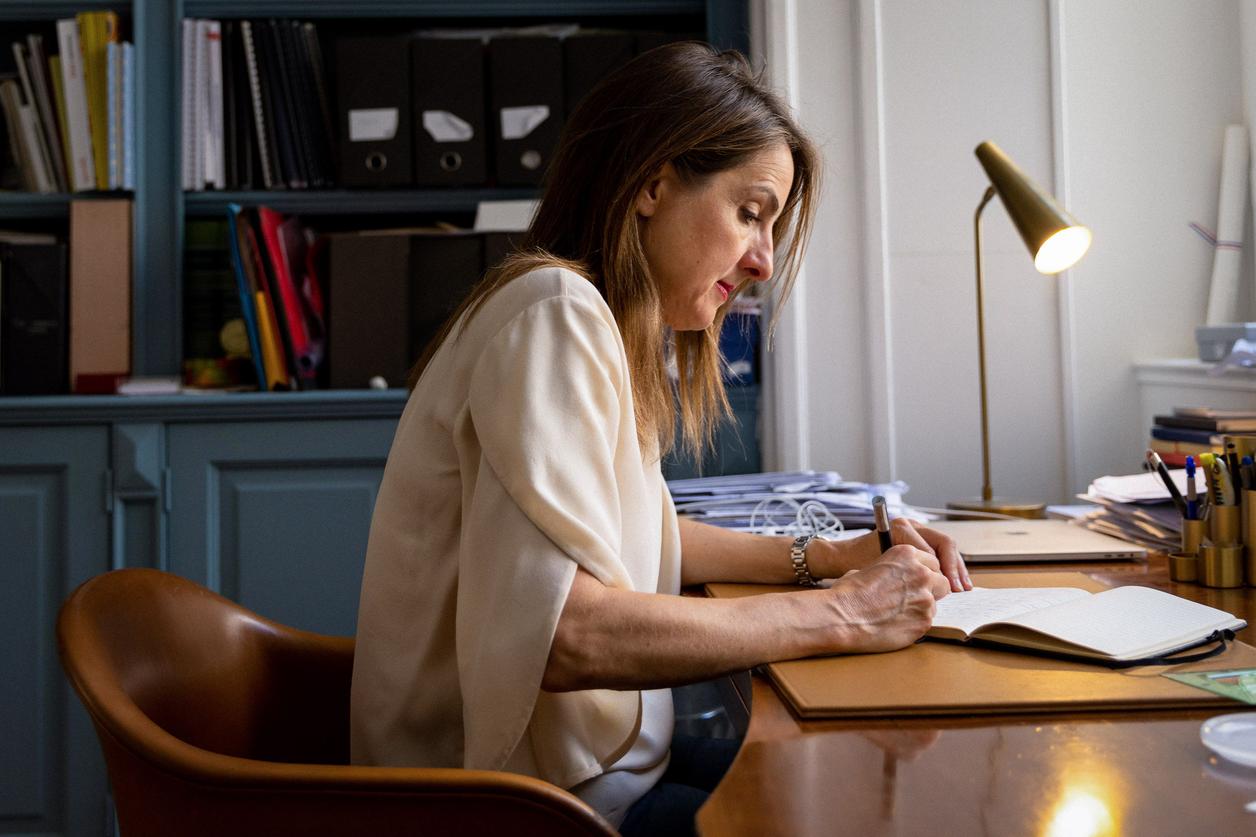
Do you see the Environmental, Social and Governance (ESG) principles and sustainable investing becoming ever more important?
Yes, absolutely. I think we’ll see pressure from all sides to be more ESG compliant. Currently, I suspect a lot of funds do mainly lip service. They say they adhere to the principles, but I am not convinced how substantial these claims are. One thing that strikes me a lot when reading funds’ PPMs (Private Placement Memorandum or disclosure documents), is that the industry is still predominantly run by men. These can be large, high-profile, and successful funds but there won’t be any women, aside from perhaps a couple of analysts, a few people in investor relations or in legal. In terms of senior investment professionals, everyone from director to partner upwards, there are hardly any women. Even among men, there is often very little diversity of any sort.
I believe that the pressure is going to come mainly from pension funds and sovereign wealth funds for whom this is a huge issue. They're already pruning their portfolios. I have seen some institutional investors sell all public equities that haven’t been compliant with their ESG standards. These institutional investors are applying pressure on the private equity managers to up their game. In my view, funds that don't go fully into ESG will find it increasingly difficult to raise capital.
Where do you usually get your financial information?
I don’t rely on general news sources. I have several news feeds. A few investment banks send me daily market news and research. As a former banker, I have access to high-level research reports, whether on specific stocks or global macro perspectives. I also subscribe to newsletters from friends, former classmates or colleagues who are working in the financial industry.
The portfolio managers with whom I work give me their updates and access to expert events and panels. I find it easy to get quality information from very smart people, and not just rely on the daily news. All this information helps me analyse the market and assess the opportunities.


